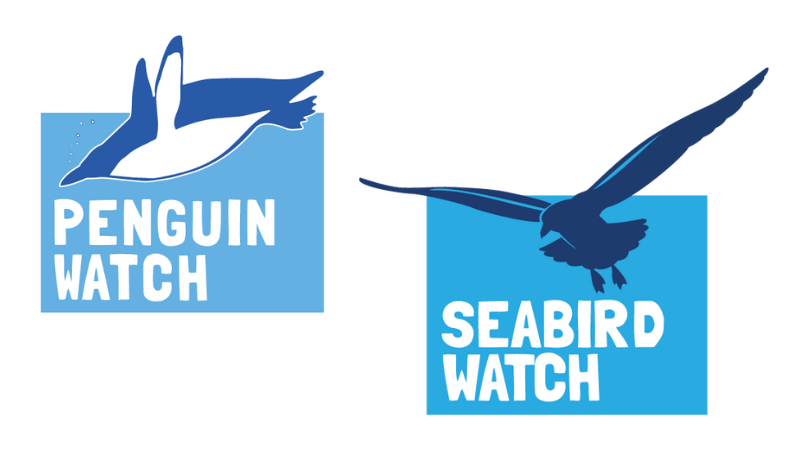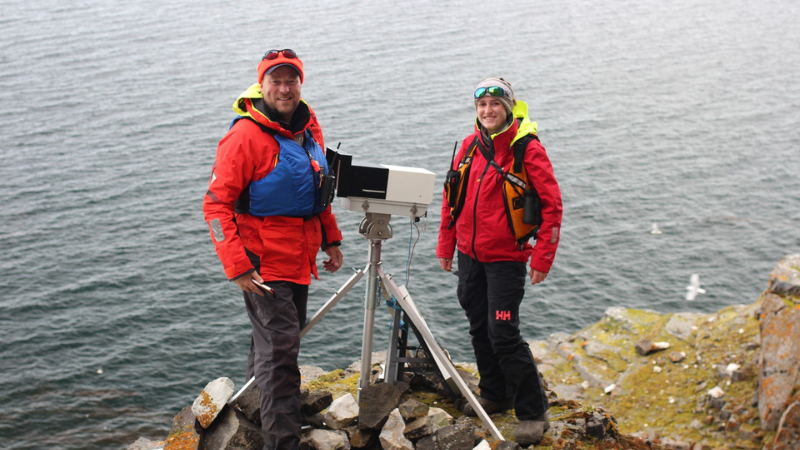Seabird Watch and Penguin Watch are research projects hosted at Oxford Brookes University and initiated at the University of Oxford and University College Cork.
Penguin and seabird populations are declining globally due to anthropogenic pressures like fishing, climate change and disease. Yet, access to the evidence needed to conserve them is hampered by logistical constraints and a lack of reporting tools.
To disentangle the confounded threats faced by both seabirds and penguins, our researchers are harnessing time-lapse cameras to monitor remote colonies of:
- seabirds: in the Arctic, Palearctic, the UK and its overseas territories
- penguins: on the Antarctic Peninsula, the Falklands/Malvinas, South Georgia and the South Sandwich Islands.
Citizen Scientists facilitate the processing of thousands of time-lapse images by identifying adults, chicks and eggs. Their clicks are turned into population counts to decision-makers and enhance conservation. If you'd like to help count, please visit the dedicated research project pages:




